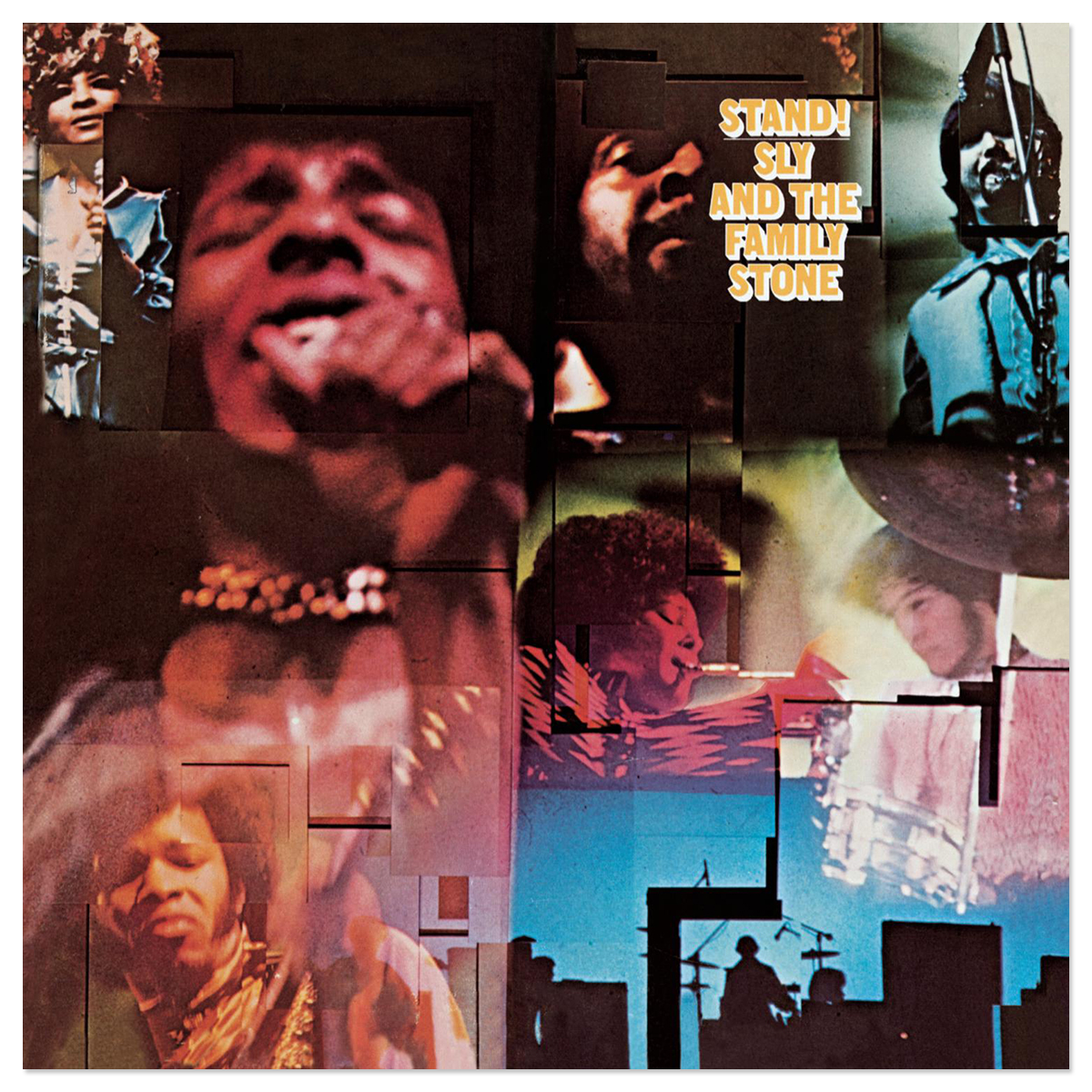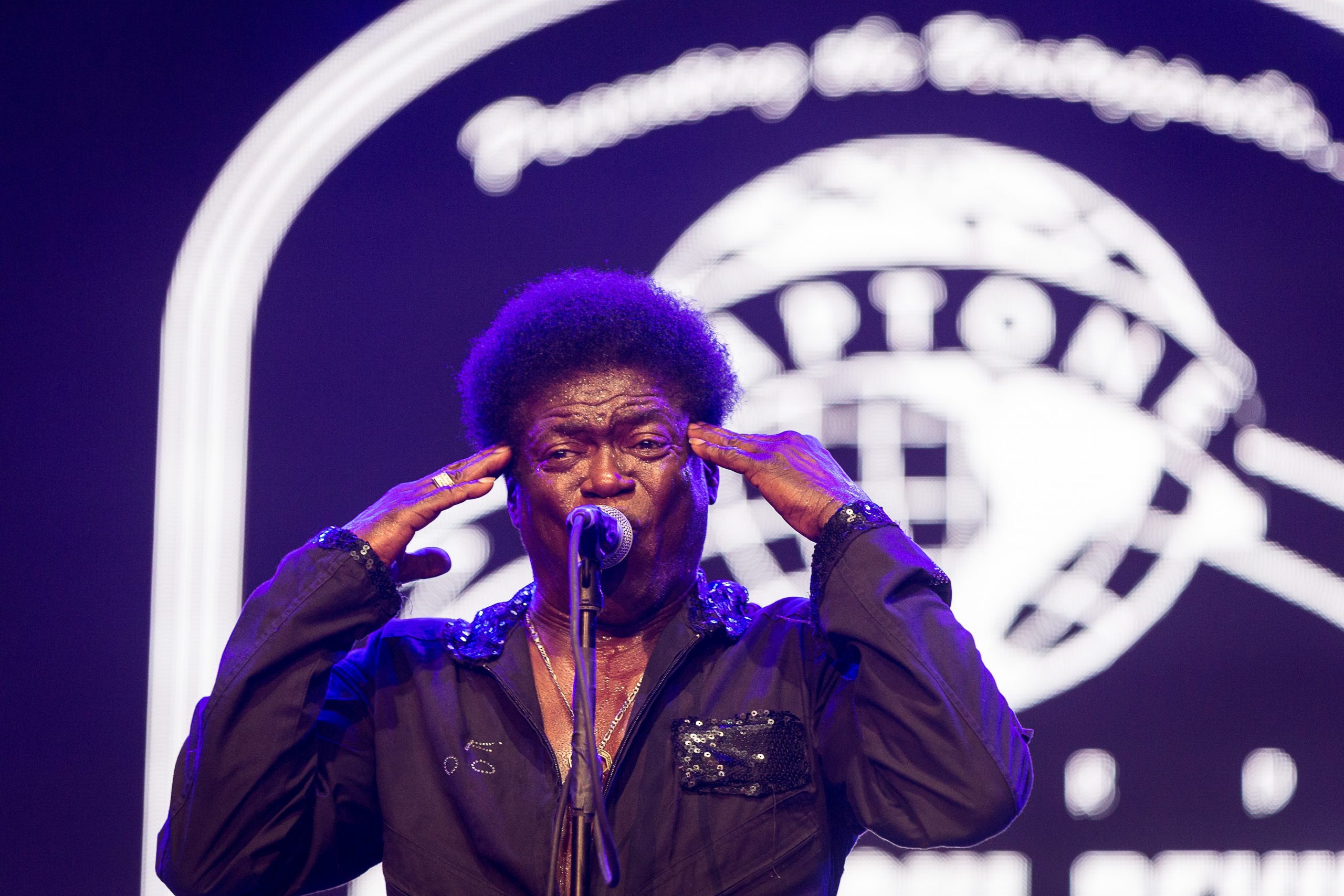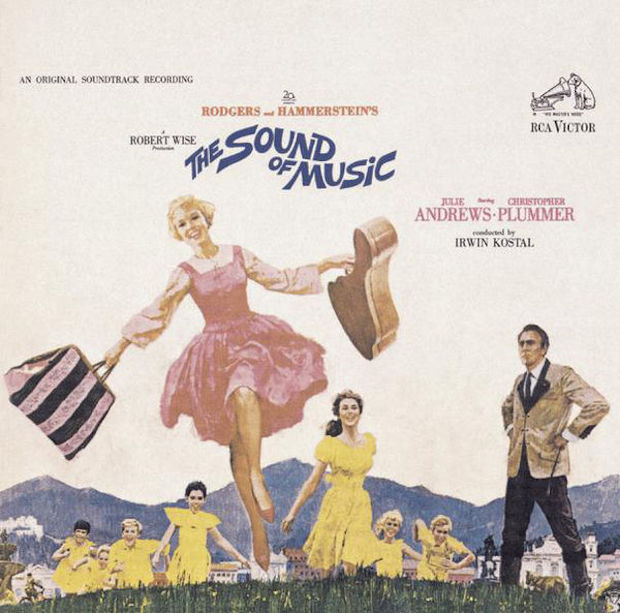Forty years ago today, AOR goons and rock purists were suddenly confronted with a sobering thought: What happens if a veteran rock act's idea to "go disco" not only resulted in a massive hit, but signaled the revival of a moribund career? "Miss You" wasn't exactly a huge break from history -- a band that went jazz-rock à la Traffic on Sticky Fingers ("Can't You Hear Me Knocking"), cranked up the funk on Goats Head Soup ("Doo Doo Doo Doo Doo (Heartbreaker)"), and used Black And Blue as an opportunity to run through a gamut of R&B from Quaalude boogie ("Hot Stuff") to ether-frolic quiet storm ("Fool To Cry") took to disco, or at least something approximating disco, with an ease that fit both rock 'n' roll radio and extended 12" club play. The real grotesque reckoning came later -- whether you have "Da Ya Think I'm Sexy" in mind for rock-goes-disco as a phenomenon, or the woozy hangover of Emotional Rescue two years later when it comes to the Stones themselves.
But in the meantime, something still lingers about "Miss You" long after disco stopped registering as a dirty word. Credit Mick Jagger's lovelorn vocals, delivered with both fatigued yearning and seething anxiety; Bill Wyman's Billy Preston-derived bassline that held up even after every rocker's boogie-down cash-in lifted its rubber-legged lope; that earworm of a riff (whether guitar, electric piano, or vocals) that Keith Richards found all sorts of angles and routes to; secret weapon Sugar Blue killing it on harmonica. How it holds up in the hands of others -- what they take away, what they leave, what they turn inside-out -- rides a lot on just how hard it is to take away the song's character no matter what you do to it, where even one piece left standing can maintain all the original's good (and frustrated) feelings in a whole new light. And hell, you don't even have to make it danceable. Here's eight takes on it.
Temple City Kazoo Orchestra (1978)
In Harold Bronson's recollection, as written in his 2013 book The Rhino Records Story: Revenge Of The Music Nerds, friend and Rhino co-founder Richard Foos established the Temple City Kazoo Orchestra as an attempt to comment on how self-serious and unfun the big arena rock bands of the '70s had become, starting with Led Zeppelin's "Whole Lotta Love" and taking off from there. Hence Some Kazoos, an EP that has the weird honor of being the first-ever EP in the Rhino Records catalog (the still-fledgling kitsch label had previously dealt in LPs and 7"s). Thanks to their novelty success, the Orchestra appeared on the Mike Douglas Show, had a brief moment in the rotation on John Peel's radio show, appeared on the soundtrack to Sixteen Candles, were flipped by J Dilla for a beat that Busta Rhymes went berserk on, and held a special place in the Doctor Demento pantheon as a sort of knowing work of monstrosity. And yet what we have here, when it all comes down to it, is the kind of clever-but-unlistenable thing that pulls off the rare feat of being somehow more irritating than a typical college à capella group's rendition. It's not even as if "Miss You" is that far enough up its own ass to even necessitate this kind of goof, either, even accounting for the potential of an underlying "oh no, the Stones went disco" sentiment. God help us all from the Intentionally Bad Cover Version.
Nadine Expert (1979)
As history (read: French Wikipedia) tells it, former model-turned-aspiring singer Nadine Expert met the Rolling Stones -- or at least Bill Wyman -- in 1976. Thus somehow vaguely inspired, she signed with the newly established French Eurodisco label AB Productions and cut a 7," "I Wanna Be a Rollin' Stone," in 1977. Expert sold 100,000 copies of the single, a medley of Stones classics that predated Stars On 45 by a couple years and more or less proved that if anybody was capable of doing the Rolling Stones as disco it would probably have to be the Rolling Stones themselves. (This German TV performance -- NSFWish for an opening shot of a nipply promo photo of Expert -- is at least a fascinating Euro-cheese time capsule featuring roughly two people dancing; three if you count Nadine.) Naturally, she seemed obliged to go back to the well in '79 once "Miss You" was added to the Stones' repertoire of hits, and it's a fair amount weirder: Over an arrangement that's somehow more conventionally rock-sounding than the original, Expert doesn't really sing any of the actual verses, just sort of glassily muttering them instead while saving her actual voice for the "oooh-hoo-ooh" chorus and the "baby why you wait so long" bridge. It never was released as a single, and the rest of the album It's Up To You did underwhelming sales numbers; one more single in 1980 bricked, and she vanished from the music biz completely. It's kind of a shame, because it seems like her "Miss You" performance is a couple decades ahead of its time: Replace that cock-rock-disco band with a Yamaha and you could have yourself a pretty decent circa-2002 electroclash cut.
Etta James (2000)
To Etta James, everything could be and pretty much was the blues, whether or not that's where she was filed in record stores. Both prolific and eclectic to the end, James released more than 30 LPs over 50-and-change years, with 2011's The Dreamer the only one that didn't come out within three years of its predecessor; it wound up being her final album, released two months before she passed. (For a de facto farewell record, it's got a pretty good-time version of G'n'R's "Welcome to the Jungle" on it.) And even if it felt like her albums eventually fell into R&B repertory theater after a certain point -- more comfortable pleasing longtime fans than busting out wild ideas for new ones -- she'd always have at least a little room for the unexpected, and a knack for turning that surprise into a why hasn't it sounded like this before revelation. So it stands for her version of "Miss You," from 2000's Matriarch Of The Blues, that swaps out disco-rock for the slinky, Southern-style R&B, the falsetto in the chorus for a husky, world-weary "whoa-oh," the Puerto Rican girls for some "baaaaaad Puerto Rican dudes," and the itchy tension of Mick's longing for the simmering ache of Etta's. It's the difference between a midnight buzz and a 4AM case of insomnia.
Mirwais (2002)
It's probably not fair to claim that it took Mirwais Ahmadzaï forever to hit his big break; as long ago as 1979 he was putting out records as a member of French New Wavers (non-Godard division) Taxi-Girl to modest domestic success. But unless you're fairly well-versed in the ins and outs of the Gallic New Romantic scene, you probably know him best for his turn-of-the-millennium stretch of clubland success, both for his solo tracks -- 1999's slow-boil acid house cut "Disco Science" was a highlight of the Snatch soundtrack and a jam in its own right -- and his work with Madonna throughout the early '00s. (The good news: this stretch includes "Music." The bad news: it also includes "American Life" and "Die Another Day.") Strangely enough, his run of electro-house popularity as a top-billed solo artist came to an end almost completely after his 2000 album Production broke, with a single release of this "Miss You" cover the last thing to date with his name on the spine. It's not a bad way to go out: The same demi-acid oscillations and Nerf-squish basslines that made "Disco Science" so quick to insinuate themselves into clubland brains and/or hips are drawn out here, too, only with moments of abrupt clipped guitar chords sparking through the cracks, Keith Richards as a visual jump-cut glitch. It's more jam-adjacent than an actual jam, as two things drag it down. The first, the decadently dead-eyed underwear-model/living-mannequin parade in the scuzzy music video, is optional. The second, the aims-for-Jagger-hits-Har Mar Superstar vocal from (the usually not this insincere-sounding) ex-Shudder To Think frontman Craig Wedren, isn't.
The Concretes (2003)
Just read the lyrics to "Miss You" without music in mind, and you'll spot the ennui pretty starkly: someone so lonely they'd rather skip out on partying to aimlessly wander the streets looking at other, presumably happier people as if they're out of their minds. The groove is a trojan horse, so what happens when you try to make the music itself even more bummed than the words are? Swedish indie-poppers the Concretes took this idea to heart when they released their version in 2003 as the B-side to their single "You Can't Hurry Love" (not the Holland-Dozier-Holland Supremes song, though they had a more direct Diana Ross tribute in the chamber anyways). Lead singer Victoria Bergsman sounds exhausted here, turning that famous "wooo-ooh" hook into a ghostly moan and really nailing the flattened-out staring-at-the-ceiling weariness of it all -- which only makes her eye-rolling inflections on the "When my phone rings/ It's just some friends of mine" bit completely hilarious. (No other version makes the prospect of having someone bringing over a case of wine and some excited randos dyyyyin' to meetcha sound like such a cruel taunt to the emotionally afflicted.) The rest of the band really captures that mood of aimlessly anxious isolation, all wisps of guitar and vestigial sorta-audible drums that move like the joints of someone who's completely lost track of what their day-to-day life's even supposed to involve. The closest there is to an unbelievable moment in this version is the original lyrics' notion that she's actually been able to sleep.
Musiq Soulchild (2003)
https://youtube.com/watch?v=xk8bcGAWZKw
Musiq has lingered in the periphery of R&B for the bulk of the 2000s, always there to deliver yet not necessarily transcend the limits of neo-soul -- he's an excellent singer with tasteful production and a tendency to avoid histrionics, which is good for his career and listeners' enjoyment but not too great for thinkpieces. There are worse fates, at least. If you need an entry point into the work of one of the more underappreciated neo-soul vets of the last couple decades, 2002's Juslisen is your best bet, but the following year's Soulstar is nearly as good -- there's a showdown with fellow slept-on singer Bilal, a guest spot from Cee-Lo back when "guest spot from Cee-Lo" was a legit exciting prospect, and this reimagining of "Miss You" as a groove waxed so smooth you can see your reflection in it.
Kendra Morris (2013)
https://youtube.com/watch?v=CYZ0qy7ECSc
Wax Poetics, which announced the end of its print publication after almost 17 years, has been the kind of periodical-slash-lifestyle brand that dedicated itself to an idea of the pop canon that rooted itself in hip-hop -- one where old Rolling Stone notions of what constituted important "classic" music meant less than what you could learn from digging through a DJ's crates. At their peak, they concurrently ran a record label that put out both boutique reissues of obscurities and new music by likeminded artists -- Adrian Younge put out a couple key releases there, including his Black Dynamite soundtrack and the album he recorded with the Delfonics -- and Mockingbird, the 2013 all-covers album by Kendra Morris, is a fascinating cross-section of that particular hip-hop record-nerd vibe. Morris, a NYC-based soul singer with a strong knack for blurring R&B and rock in the same way that used to come naturally for artists in the pre-album '60s, has more startling stuff in her repertoire than her version of "Miss You" -- like a version of Pink Floyd's "Shine On You Crazy Diamond" that makes it sound like the '71 Stax ballad the original only hinted at, and a reinvention of Metallica's "Ride The Lightning" that turns the thrash classic into juke joint noir. But dialing the Stones back five years or so and turning "Miss You" into the kind of slinky but charging funk arrangement that could fit right next to their version of "Ain't Too Proud To Beg" is a sharp move, and Morris' voice really leans into that chorus in a way that makes its familiar hook sound brand new again.
Carla Bruni (2017)
Yes, this is the first Gotcha Covered to include a song by a former First Lady, though Carla Bruni had a singing career long before she married French President Nicolas Sarkozy. Just felt like leading off with the most interesting thing about this song, really. Other interesting things: the album that spawned this cover is called French Touch despite it having little-to-no connection to the subgenre of house music popularized by Daft Punk and Justice. It's on Verve Records, which means she's technically labelmates with Charlie Parker and the Velvet Underground. Uh... what else? This is a pleasant kind of bossa-lite, plus it's the only version I've heard where the whole telephone bit is filtered like you're hearing someone through an old landline. So there's that. I guess sometimes all you can really do is think "yeah, that's nice enough" and move on with your day.






